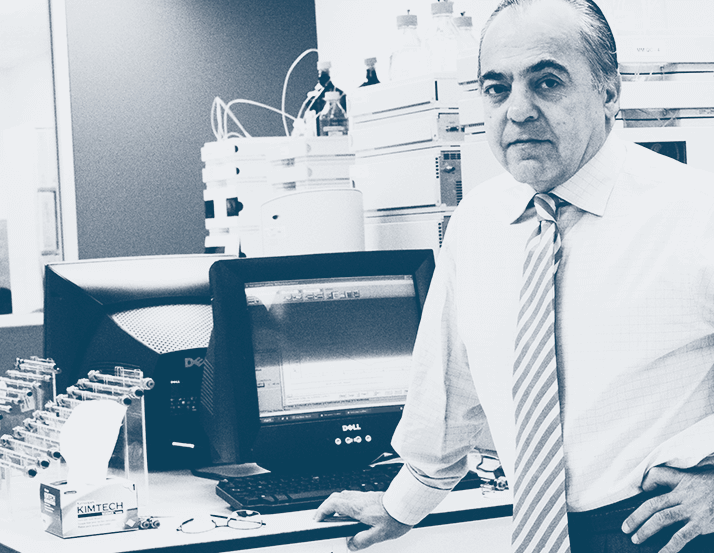Fasha Mahjoor is a relentless humanitarian. In the past year, he has been awarded the Ellis Island Medal of Honor and elected to the Board of Directors for the American Red Cross, Los Angeles Region; when this magazine last encountered him, he had just abseiled down Europe’s tallest building to raise funds for a favorite cause. So it comes as no great surprise that Mahjoor views philanthropy and charity as “part of the DNA” of Phenomenex, the company that he set up in 1982.

“There’s never been a (philanthropy) strategy as such. It’s simple with us: about 25 years ago, I put pen to paper to write a mission statement that has never changed. It concludes with, ‘it is our responsibility and foremost mission to promote the growth, prosperity and well-being of … our customers, our employees and humanity’,” he explains. A sense of duty to the underprivileged is “part and parcel of who we are,” he says. He pauses to give the example of his company’s work with an organization called Feed My Starving Children. “While we were working with them, our managing director for Italy was on a visit here. He became so inspired that he brought a sister organization, Stop Hunger Now, to Italy. Over the past two years, we have together prepared 360,000 meals for children in Haiti, the Philippines, North Korea and so on. On one occasion, 600-700 people worked around the clock to do this, with many staff members accompanied by family and friends. It was a wonderful occasion.”
Phenomenex’s corporate giving strategy is characterized by two things: first, the support for charitable causes, rather than the more strategic philanthropic projects that larger companies can get involved in, leveraging their greater size; and second, the extent of involvement of the staff. Mahjoor says that for some projects up to 80 percent of employees have volunteered to participate. And he believes that the company’s excellent staff retention is partly down to a shared belief in what it stands for. So, is Mahjoor driving the program? “Not at all,” he says, “We have philanthropic teams that meet every other week at all our subsidiaries, and they decide on what to support. This is sometimes agreed collectively, across companies, but it is often local or national.” When there are natural disasters, such as Typhoon Haiyan in the Philippines last November, Phenomenex teams worldwide collaborate to make the biggest impact possible.
Local projects can sometimes generate attention in all 15 countries that Phenomenex has a presence in. One of these is in India. “We started our company there two-and-a-half years ago,” Mahjoor explains, “And soon started to help out at orphanages. These are heartbreaking institutions.” The current focus is on one particular orphanage that has 40 children below the age of 12. “Our employees are very involved, on a weekly basis; teaching, feeding, and going on field trips. The children have monthly visits to the company office, which the employees love; everyone tries to be there for the visits. We finance their education in private schools. We even painted and decorated the buildings and provided mattresses and blankets.” What advice does Mahjoor offer other companies thinking of developing a more hands-on approach to giving? “Do it. Don’t just send a check – get everyone physically involved.” Is there an upside for the company as well as for recipients? “The return to the company is intangible, but to my mind it is enormous, for the joy and motivation it brings to our employees,” he insists. “It brings us, as well as the projects that we support, nothing but good.”
